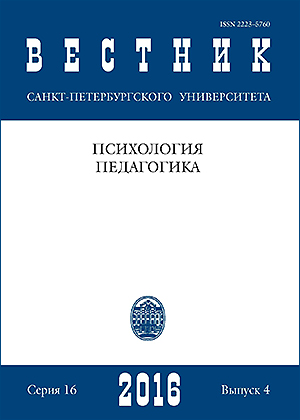Structural-functional Model of Terminological Competence of the Professionals
DOI:
https://doi.org/10.21638/11701/spbu16.2016.408Abstract
Th e article explains the importance of terminology in professional training activities and communication and the need for mastery of terminological competence as the most important indicator of professionalism and the factor of improvement of quality of professional communication. Here substantial contributions are made to a methodology for studying terminological competence, identifi ed and described in its essential characteristics. Th e content of terminological competence and its functions is identifi ed and its position clarifi ed in the classifi cation system of modern professional competencies. The link is disclosed between terminology and linguistic, informational and professional competence. The structural and functional model of terminological competence of the specialist as a theoretical basis for the study are developed and described, as well as indicators of the manifestation of its components; namely the objective and cognitive component, intellectual and reflective component, and communicative and lingual component. A structural and functional model of terminological competence of the specialist is important to develop a method of its study and the selection and methodological tools.
Keywords:
term, terminology, terminological competence, a model of terminological competence of the specialist
Downloads
References
References
Downloads
Published
How to Cite
Issue
Section
License
Articles of "Vestnik of Saint Petersburg University. Psychology" are open access distributed under the terms of the License Agreement with Saint Petersburg State University, which permits to the authors unrestricted distribution and self-archiving free of charge.




